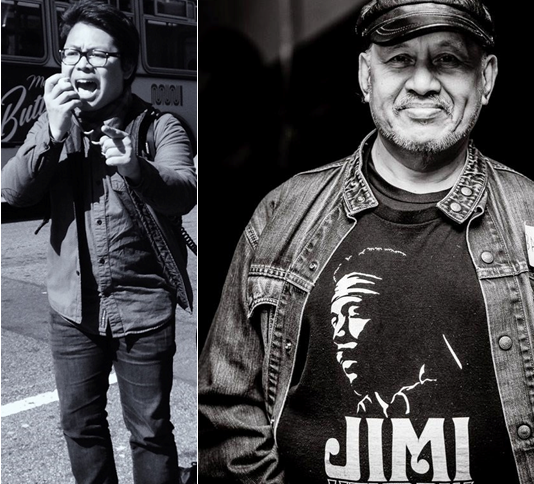What AI technology can do for good or ill
By Rene Pastor
Forty years ago, or around the time Corazon Aquino overthrew Ferdinand Marcos in a bloodless revolt, smartphones were not the ubiquitous gadget they are today.
The devices used then were clunky and the size of car batteries which conked out at a dirty look. There was a lot of hopeful talk that you could file a news story by hooking into the digital frame. Maybe one day, you could send a picture from the Olympics or the glitzy wedding of Charles and Diana.
The digital transformation changed the economy, medicine, science and architecture. An era represented by a device you can hold in the palm of one hand changed the world.
For the second time in a generation, the adoption of what is generally called AI, or Artificial Intelligence, is on the cusp of remaking human society.
It is, without a trace of hyperbole, given the way how technology can accelerate the exponential change in human society.
A report by the Brookings Institute underscored the impact of AI.
The report said:
“One of the reasons for the growing role of AI is the tremendous opportunities for economic development that it presents. A project undertaken by PriceWaterhouseCoopers estimated that ‘artificial intelligence technologies could increase global GDP by $15.7 trillion, a full 14%, by 2030.’
That includes advances of $7 trillion in China, $3.7 trillion in North America, $1.8 trillion in Northern Europe, $1.2 trillion for Africa and Oceania, $0.9 trillion in the rest of Asia outside of China, $0.7 trillion in Southern Europe, and $0.5 trillion in Latin America. Investments in financial AI in the United States tripled between 2013 and 2014 to a total of $12.2 billion.
“Decisions about loans are now being made by software that can take into account a variety of finely parsed data about a borrower, rather than just a credit score and a background check.”
There are so-called robo-advisers that “create personalized investment portfolios”, obviating the need for stockbrokers and financial advisers, and the implication is that these people may soon be out of work.
These advances are designed to take the emotion out of investing and undertake decisions based on analytical considerations, and make these choices in a matter of minutes.
But the most agonizing thing to consider are the unintended consequences in jobs, entertainment and the arts among other spaces.
Deputy Secretary of Defense Patrick Shanahan said in the Brookings report the goal of emerging technologies is “to meet our warfighters’ needs and to increase [the] speed and agility [of] technology development and procurement.”
Artificial intelligence will accelerate the traditional process of warfare so rapidly that a new term has been coined: hyperwar.
The big data analytics associated with AI will profoundly affect intelligence analysis, as massive amounts of data are sifted in near real time—if not eventually in real time—thereby providing commanders and their staffs a level of intelligence analysis and productivity heretofore unseen.
Command and control will similarly be affected as human commanders delegate certain routines, and in special circumstances, key decisions to AI platforms, reducing dramatically the time associated with the decision and subsequent action. In the end, warfare is a time competitive process, where the side able to decide the fastest and move most quickly to execution will generally prevail.
That is why settling the writers and artists’ strike in Hollywood took so long to settle — workers wanted protection for what AI can do to their jobs in the future.
There is a lot of anxiety what AI technology can do to their lives. The future is coming faster than we think. Are we ready?
© The FilAm 2024












